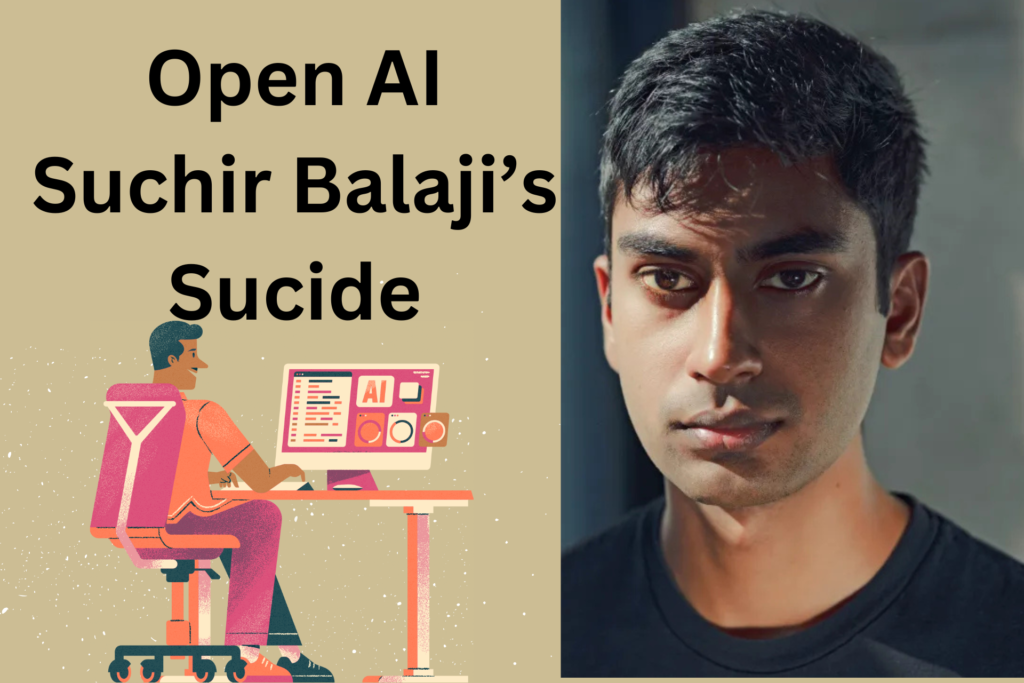Disclaimer:
The information provided here is based on publicly available sources and is for informational purposes only. We do not intend to blame anyone regarding the tragic suicide of Suchir Balaji. Any discussion about such events should always be done with caution and respect towards the individuals involved and their families.
Who was Suchir Balaji’s ?

Ope AI whistleblower Suchir Balaji grew up in Cupertino before moving to UC Berkeley to study computer science. He was convinced then of the benefits artificial intelligence could bring to society, including the ability to stop ageing and cure diseases, Local reports. “I thought we could invent something scientific that could help solve these problems,” he told the paper.
Suchir Balaji’s manner of death has been ruled suicide.
Suchir Balaji, a former OpenAI employee and whistleblower, was recently found dead in his apartment in San Francisco, California. According to the San Jose Mercury News, the San Francisco Chief Medical Examiner’s Office identified 26-year-old Balaji as the deceased. The manner of death has been ruled a suicide. The medical examiner said he has informed Balaji’s family of the incident.
The San Francisco Police Department’s chief spokesperson told the outlet that Balaji was found dead in his apartment on Buchanan Street on November 26. First responders were called to his home for a wellness check, and no evidence of foul play or suspicion was found during the initial investigation.
An OpenAI spokesperson told local reporters, “We are shocked to hear this extremely sad news today and offer our condolences to Suchir’s family and loved ones during this difficult time.”
This comes after AI researcher Balaji raised concerns about OpenAI breaking copyright laws in an interview to the New York Times in October.
Suchir Balaji resigned after working at OpenAI for about four years when he realized that this technology would cause harm to society despite being good. He then told the newspaper that his main concern was how the company uses copyright data. He said that he believes that the system of this technology is harmful to the Internet.
“I was at OpenAI for almost 4 years and worked on ChatGPT for the last 1.5 years of them,” Balaji wrote on the social media platform X in October. “Initially I didn’t know much about copyright, fair use, etc. but got inspired after seeing all the lawsuits filed against GenAI companies.”
“As I tried to understand this issue more closely, I eventually came to the conclusion that fair use seems like a pretty unreliable defense for a lot of generative AI products, for the fundamental reason that they can make choices that compete with the data they are trained on,” his post continued.
OpenAI and Microsoft are currently facing multiple lawsuits from media outlets, who accuse OpenAI of breaking copyright laws.
Balaji’s death comes three months after he publicly accused OpenAI of violating US copyright law while developing ChatGPT, a generative artificial intelligence program that has become a popular tool for millions of people around the world to make money.